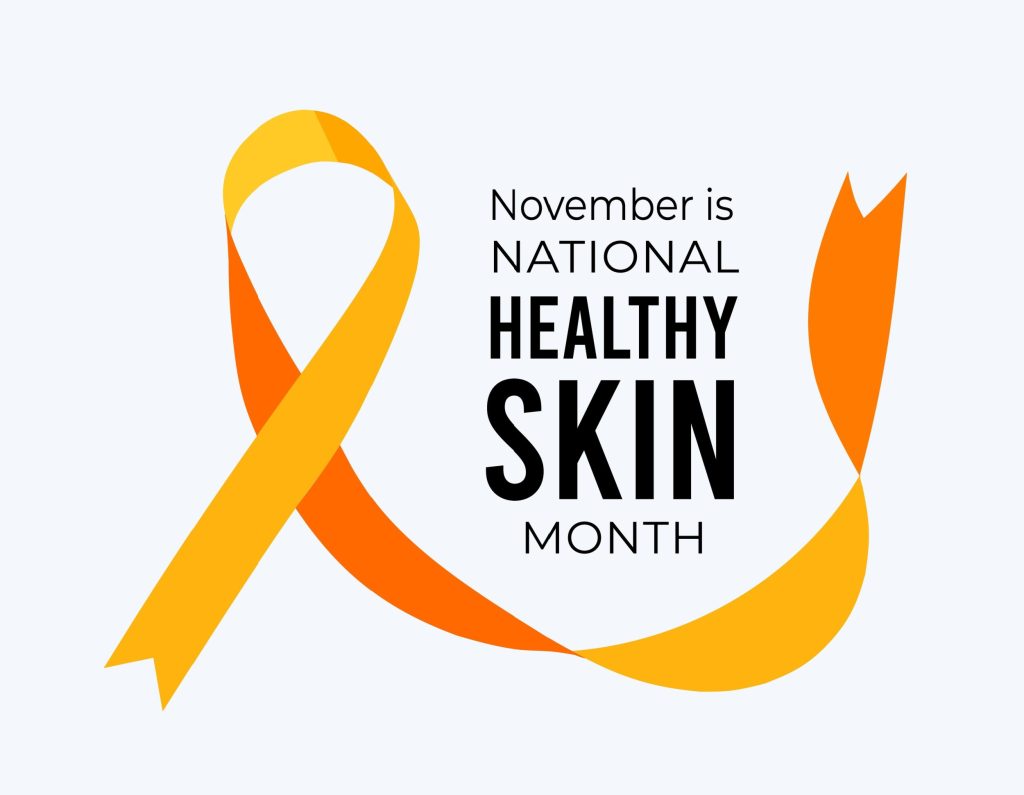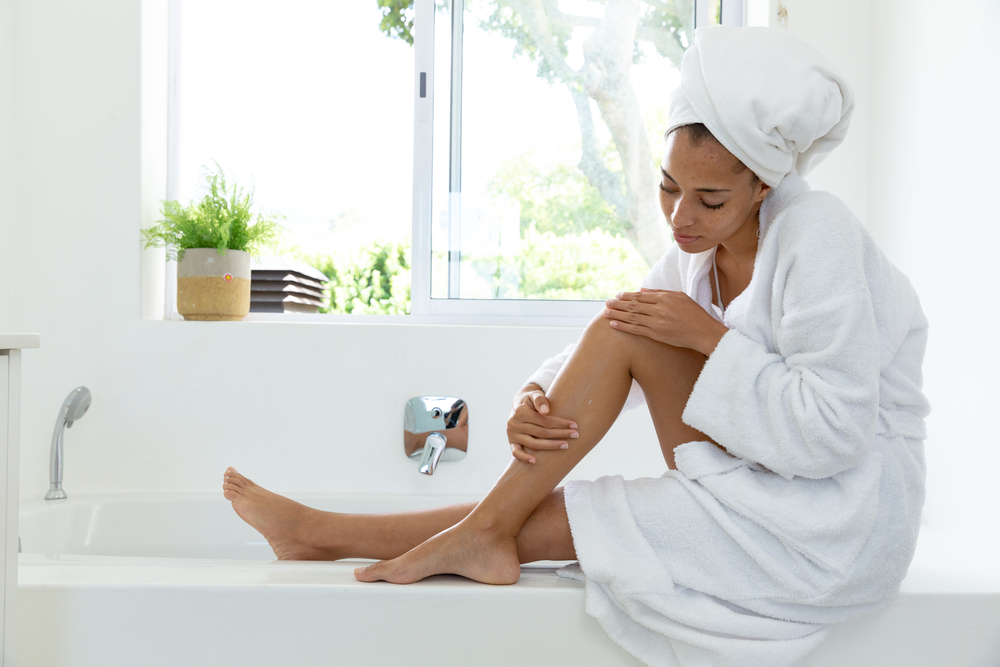
Exercising is important for maintaining overall health and wellbeing. It helps improve cardiovascular health, strengthens muscles, boosts mental health, and enhances your immune system. However, while focusing on your fitness goals, it’s essential not to overlook the impact that working out can have on your skin. Without proper care and precautions, your skin could suffer from various issues due to sweat, friction, and environmental exposure during and after your workouts.
Sweating is a natural process that helps regulate your body temperature, but it can also create an environment where bacteria and fungi thrive, potentially leading to skin infections and irritations. To safeguard your skin and keep it healthy, you need to adopt a few post-workout skin care habits. For comprehensive advice and detailed tips on how to avoid skin infections following exercise, continue reading our guide. Your skin, much like the rest of your body, deserves the best care to stay healthy and strong.
Dermatologists suggest the following guidelines to help prevent skin infections at the gym:
- Clothing – Dress comfortably in clothing that wicks away moisture. Clothes that fit loosely help your body stay dry. When you are dry, germs are far less likely to grow. It’s also a must to take your sweaty clothes off as soon as possible after a workout and wash them.
- Shoes – Wear shoes and do not walk barefoot in public places, particularly while near swimming pools, in locker rooms, and in showers. Flip-flops and sandals are a necessity to take with you to the gym. Covering your feet will help prevent fungal infections of the toenails and feet.
- Wounds – Be sure to clean any cuts and cover with a bandage. Open wounds and cuts are perfect breeding grounds for bacteria. It is also recommended that you stay away from hot tubs, steam rooms, and saunas while you have an open cut or wound.
- Equipment – You’ll want to be sure the equipment you are using has been sanitized before touching it. Most gyms provide disinfecting wipes or spray to use in between patrons. If you don’t have that option, or would like even more protection, consider laying a towel between yourself and the piece of equipment for separation.
- Hands – After working out, be sure to wash your hands. Your hands carry all kinds of germs, and by not washing them after touching gym equipment, you are putting yourself at risk of developing an infection.
- Hygiene – Sweating during exercise can cause your skin to become damp, creating an ideal environment for bacteria and fungi to thrive. If left unwashed, your skin can become prone to skin conditions such as acne, rashes, or fungal infections. Showering after a workout helps to keep your skin clean, balanced, and healthy. If you do not have access to a shower after a workout, consider wiping your body down with fragrance-free personal hygiene wipes.
If the above tips are followed, the risk for developing a skin infection is low. If you do notice any signs of a skin infection, it’s important to see your dermatologist right away.
Treating a skin infection is important for several reasons:
Preventing complications: If left untreated, a skin infection can lead to various complications. It may spread to deeper layers of the skin, causing cellulitis, an infection of the underlying tissues. In severe cases, it can even enter the bloodstream and lead to a systemic infection, which can be life-threatening.
Promoting healing: Treating a skin infection helps speed up the healing process. Having an infection can delay wound healing and even result in scarring. By addressing an infection promptly, you can increase the chances of a faster and more complete recovery.
Relieving symptoms: Skin infections often come with uncomfortable symptoms such as pain, itching, redness, swelling, and sometimes pus. Treating the infection can alleviate these symptoms, providing relief and improving your overall comfort.
Preventing transmission: Many skin infections are contagious and can be spread to others through direct contact or by sharing personal items such as towels or clothing. Treating the infection reduces the risk of transmission to family members, friends, or coworkers.
Avoiding recurrence: By treating a skin infection properly, you can reduce the likelihood of recurrence. Ineffective treatment may allow the infection to persist or return, leading to a cycle of re-infection.
It’s important to note that the specific treatment for a skin infection depends on the type and severity of the infection. Mild cases may be managed with topical antiseptics or antibiotics, while more severe or widespread infections may require oral or IV antibiotics. Speaking with your dermatologist or a health care professional is recommended for an accurate diagnosis and appropriate treatment plan.
To conclude, taking steps to prevent skin infections after working out is crucial for maintaining skin health and overall well-being. By adopting a few simple practices such as proper hygiene, regular showering, wearing clean and breathable clothing, and avoiding sharing personal items, you can significantly reduce your risk of developing a skin infection. Remember, prevention is always easier than cure when it comes to protecting your skin, so make these practices an integral part of your post-workout routine to keep your skin healthy and infection-free.
Contact FLDSCC for All Your Skin Care Needs
Florida Dermatology and Skin Cancer Centers provides a full spectrum of dermatology and skin care services, and its team of physicians, APRNs, and PAs are experts in diagnosing and treating skin cancers with the latest technological options. Medical Director, Dr. K. Wade Foster, is fellowship-trained in Mohs surgery, the most effective technique for most types of skin cancers, with minimal scarring or risk.
For more information about services that Florida Dermatology and Skin Cancer Centers provides, or to make an appointment for a skin exam, visit www.fldscc.com or contact us at (855) FLD-SKIN.


